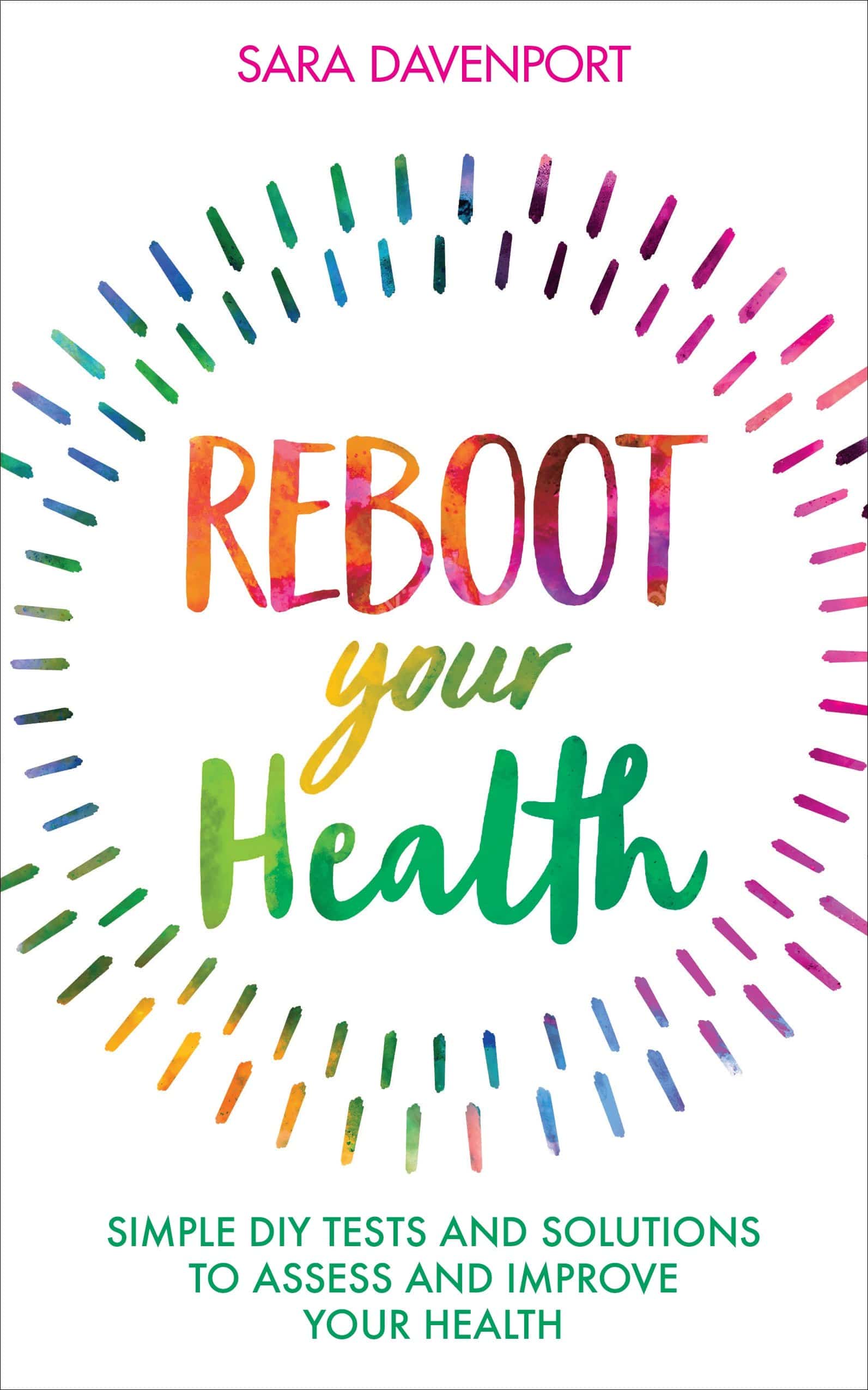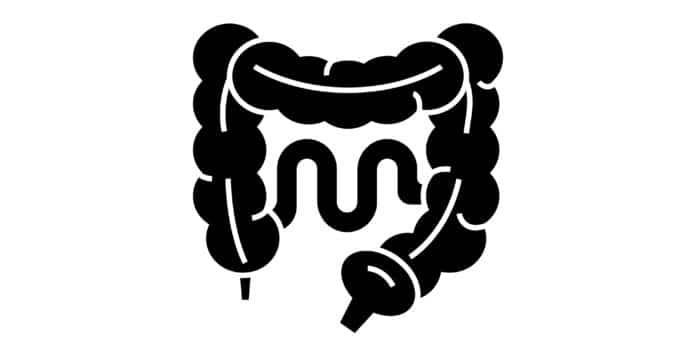You would have to have been walled off from the world recently, meditating in a cave or exploring deep in the Amazon jungles, not to have heard about the latest research on what is now called the “second brain” — the extensive networks of neurons (brain cells) that line the walls of your gut, connecting and communicating directly with the cells inside your skull.
The term “brain” more accurately describes an organ with “outposts” — the gut, as well as the heart and the spine.
You Really Do Feel Emotions in Your Gut
We now know that there are literally millions of neurons (the brains cells) embedded in your gut walls. These neurons are not only there to signal the more obvious functions of digestion — like satiation or sickness — they also help you think and remember. Notice where you feel feelings of dread, or anticipation — it’s in the pit of your stomach. Many of us sense things through our gut before any information is filtered by our brain. The phrase “gut feeling” is an experiential reflection of that two-way channel of communication between our brain and gut. This isn’t an imagined displacement of the brain’s feelings into another part of the body; you really are feeling emotions there.
Healthy Gut = Healthy Brain
Reassuringly, it now seems that if you sort your gut health, you can boost your brain. So, what can you do to strengthen the pathways between the gut and the brain?
There is mounting evidence that the microbiome in our gut influences everything from depression to the risk of dementia — proving we are what we eat in a mental as well as a physical sense. But since gut flora as a topic is complex, it is likely to be some time before its impact on our bodies as a whole, and on our brains, is fully understood. What is clear right now, however, is that by targeting the gut microbiome you can positively affect the health of your brain.
What Is the Gut Flora, or Microbiome?
A staggering 100 trillion microorganisms live in your stomach and intestines, and they are estimated to weigh up to 1kg (2 1/4lb) — that’s a heavy bag of potatoes! They have now been shown to directly affect both your physical and your mental health. They can direct the way you think and behave as well as indicate the likelihood of your developing certain mental illnesses.
It may soon be possible to identify mental health and brain diseases by analyzing the microbes in your gut and, perhaps, by altering the balance of those microbes and introducing specifically targeted new species, rebalance and even cure those diseases. There’s not much you can do to alter and change your genes, but when this new research becomes medical fact, the fate of your mind could well be in your own hands. With specially designed brain biotics you can literally change the chemical balance of your mind. This is the cutting edge of brain medicine.
Gut-Brain Action Plan
- Supplement With Specific ‘Brain’ Biotics
These are, essentially, probiotics with brain-changing properties. The term covers any probiotic and prebiotic that affects brain function and behavior via changes made to the gut microbiome.
We know that there is a connection between anxiety, depression, ADHD, and other psychiatric and neurodegenerative illnesses and the state of our gut health. Boost the numbers of these bacterial brain, or ‘psycho’ biotics, and you reduce the proportion of the ‘bad’ bacteria that create the problems — improving your mental and digestive health at the same time.
There are many different strains that help the brain — each one will affect it in a different way, so choose specifically according to your symptoms.
There are 3 things to look out for when choosing a brand:
- Does it contain strains that will survive the journey through your stomach’s acid?
- Does it need to be kept in the fridge?
- How many strains does the bottle contain? The more there are, the greater the benefit.
But, bear in mind that not all psycho-biotics are beneficial. For example, antibiotics, antipsychotics and antidepressants have been shown to permanently change the terrain of the gut, causing neurochemical and behavioral changes that affect the brain – and not necessarily in a good way.
2. Focus on Boosting Your Neurotransmitters
Your neurons are stimulated and boosted by neurotransmitters in different ways and more than 90 per cent of your serotonin, your ‘happy’ hormone, and 50 per cent of your dopamine is made by the gut bacteria. It is thought that these neurotransmitters trigger cells in the gut wall lining to produce molecules that send messages to the brain. They also boost BDNF (brain-derived neurotrophic factor), which is the protein that calms the brain and creates new brain cells.
The microbes in your gut produce more than 30 neurotransmitters, including serotonin, dopamine, acetylcholine and gamma-aminobutyric acid (GABA), so if you want to actively and positively affect your brain function, choose your probiotics carefully. For example, the enterococcus and streptococcus bacteria trigger production of serotonin; bifidobacterium and lactobacillus increase GABA levels.
3. Up Your Levels of GcMAF
Try Bravo GcMAF yogurt. This is a probiotic yoghurt that contains 42 essential probiotics and GcMAF, one of the most powerful of the immune system activators. GcMAF stimulates production of macrophages, immune cells that attack and destroy bacteria, viruses, fungi and parasites, boosts immunity and prevents metastasis of cancer cells. Good for both body and brain.
4. Reduce Inflammation
Keep inflammation levels down and you boost the number and strength of the mitochondria in your cells that generate more than 90 percent of the energy your body needs to live and your brain needs to function. There are various ways you can do this. Cut down on processed foods and take sugar out of your diet entirely because sugar triggers the release of inflammatory cytokines that impair cognitive clarity. Consider swapping to a ketogenic diet. This very low-carb, high-fat diet cuts inflammation in the brain and reduces stress. Try supplementing with natural anti-inflammatories such as aloe vera, curcumin or evening primrose oil too.
5. Fecal Transplants
For the brave, cutting-edge treatments in which a patient receives fecal bacteria from a healthy donor have been remarkably successful in treating chronic digestive conditions such as Crohn’s disease, IBS and colitis, and bacterial infections, such as c. difficile. It may sound disgusting, but a fecal transplant is a last resort for many.
There have been promising results in improving cognitive function for a range of patients, too. Studies are underway to assess the potential for the treatment of degenerative brain diseases, including Alzheimer’s and Parkinson’s diseases, with fecal transplants.

Sara Davenport is author of Reboot Your Health: Simple tests and solutions to assess and improve your health. Through her work with doctors, nutritionists and therapists, Sara has an unrivalled overview of both traditional and complementary medicine.
Sara also writes the health blog, ReBootHealth.co.uk, which looks at all aspects of holistic health and healing, bringing you a regular dose of DIY get-well advice. From nutrition to detox, sleep to air pollution and the best health tests on the market, the blog covers a wide range of topics, delivering you the low-down on conventional medicine and complementary therapies. Check out the range of top tips, recipes and ideas on how to live better; find out about health experts who might just change your life. All free of charge and backed by science. She is also the founder of the UK’s second largest breast cancer charity, Breast Cancer Haven.



